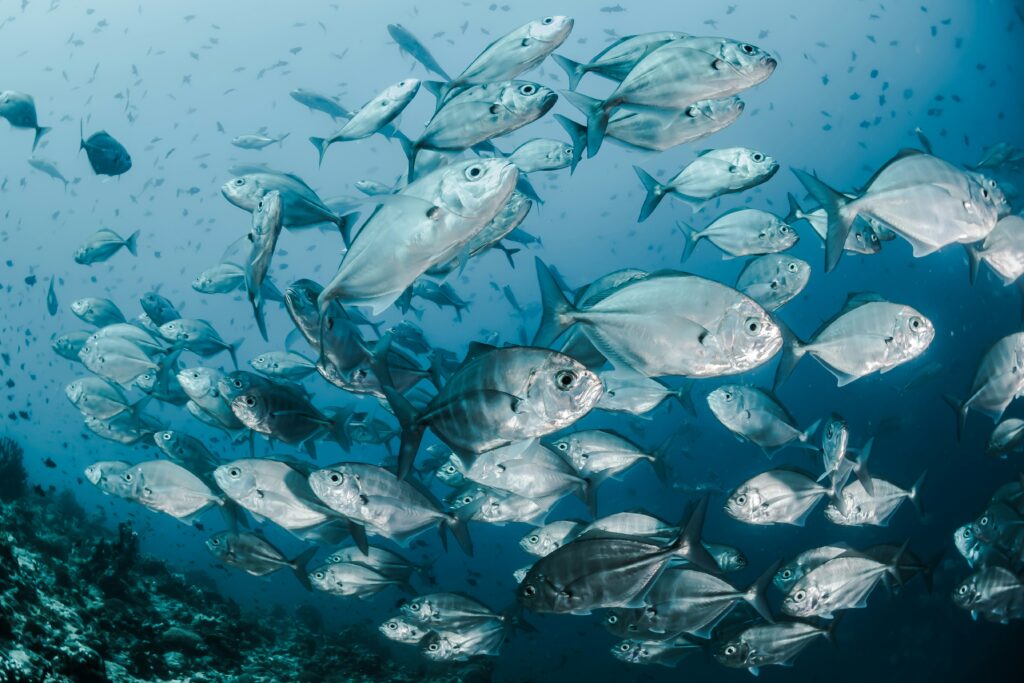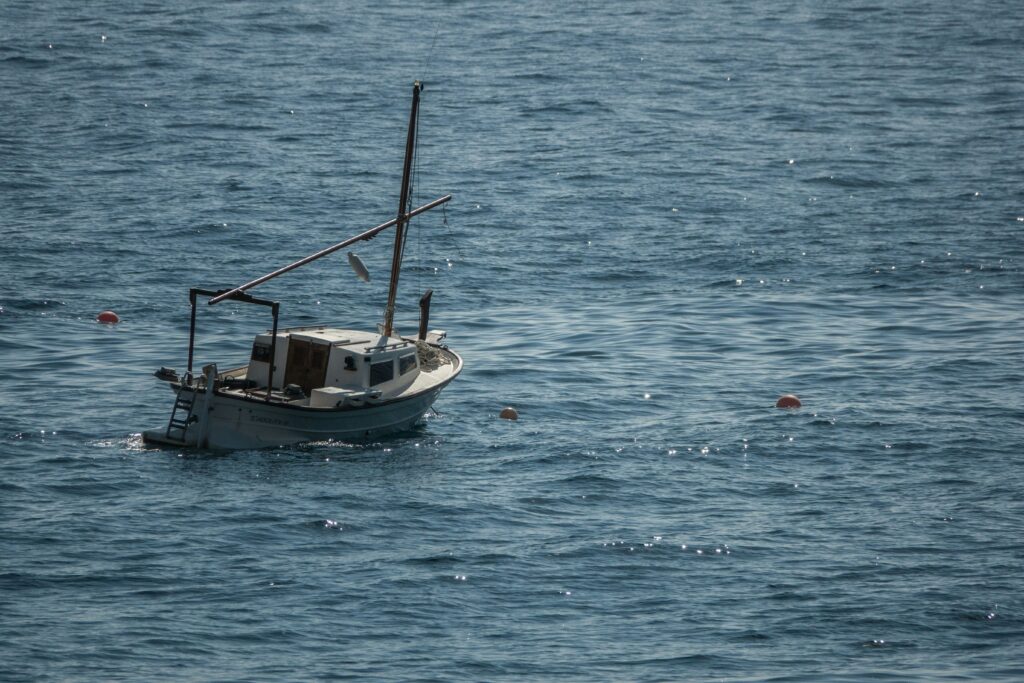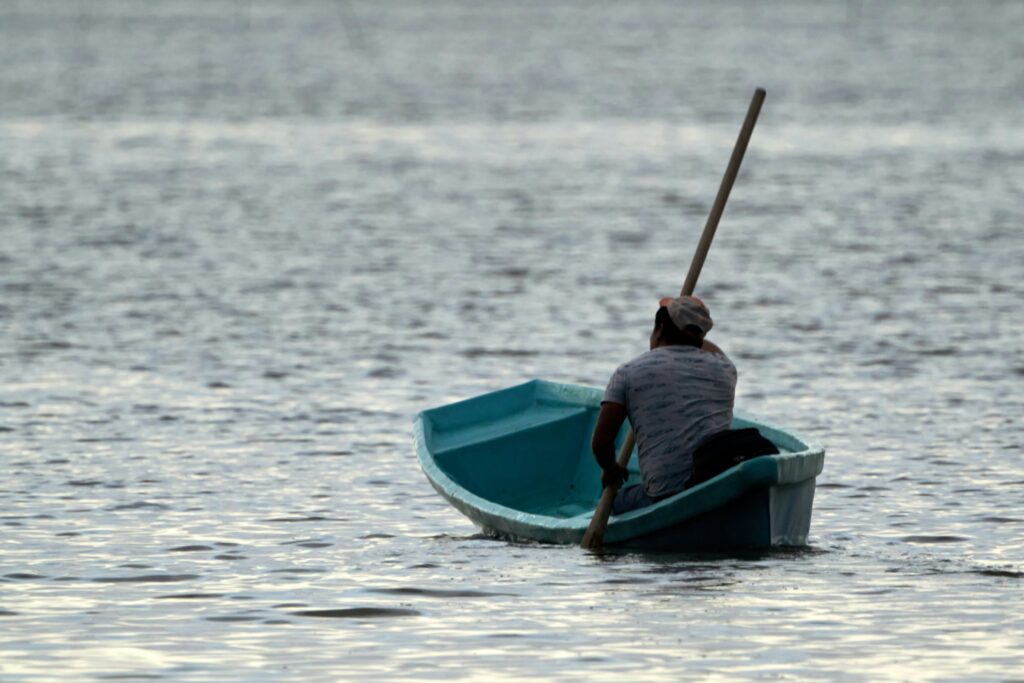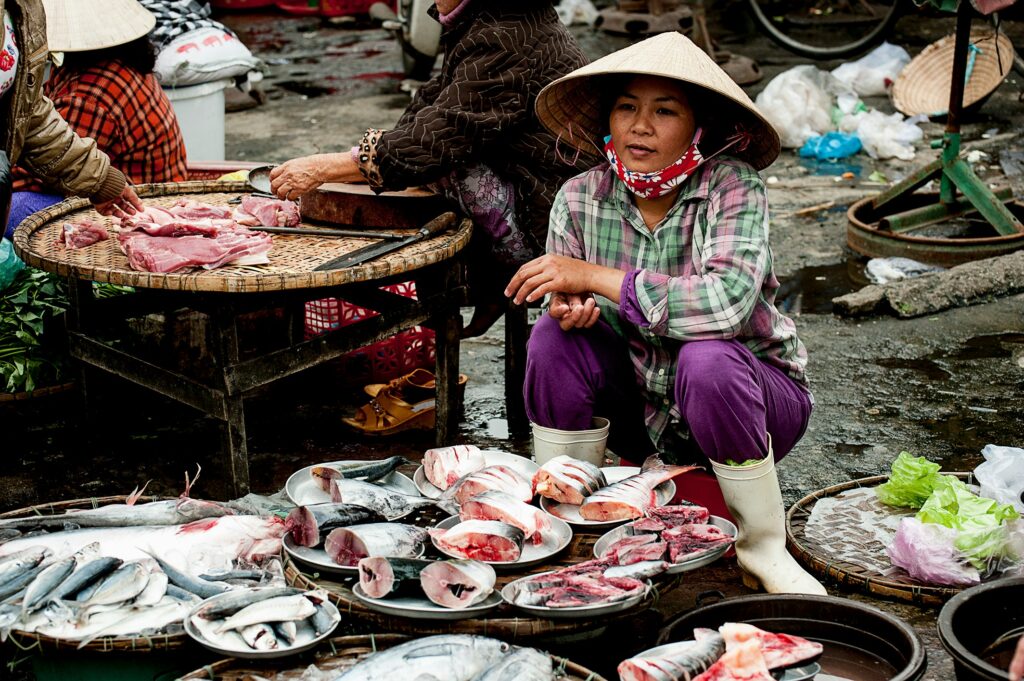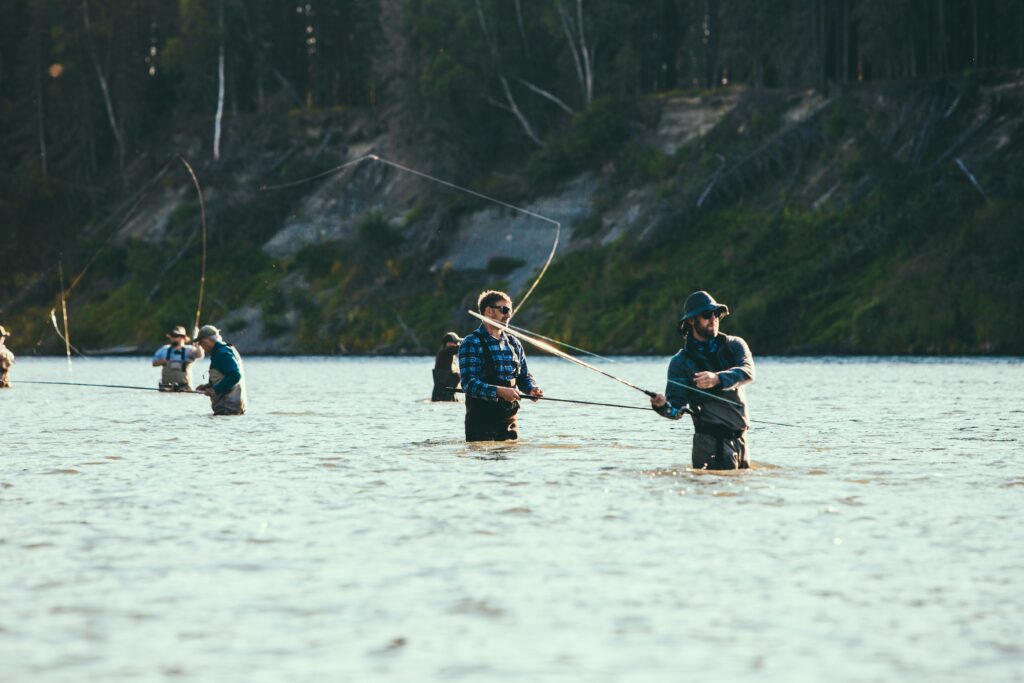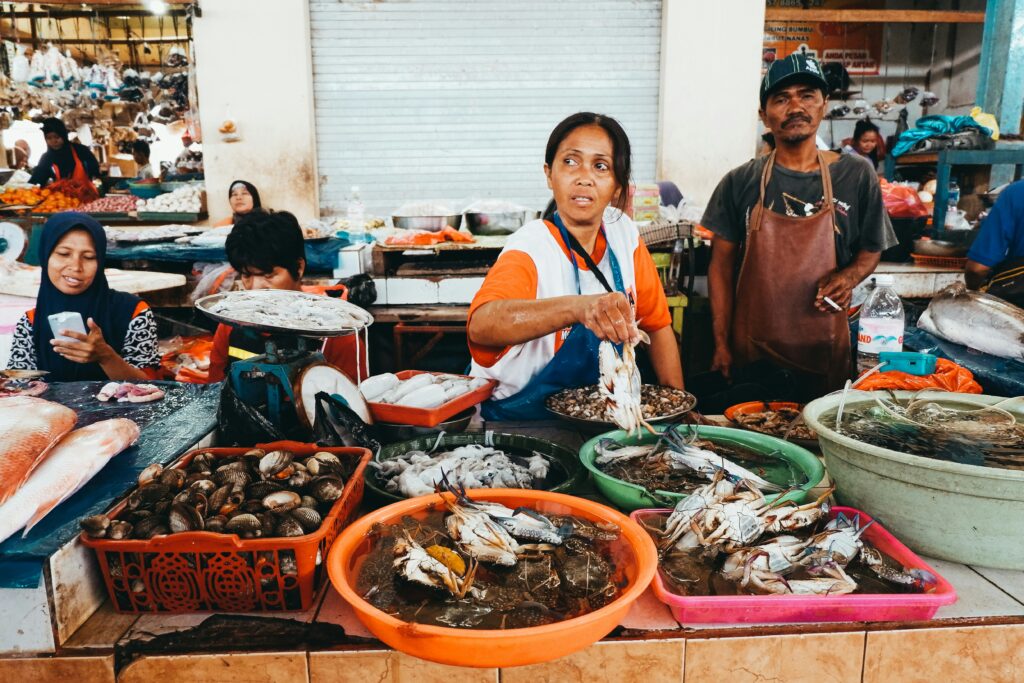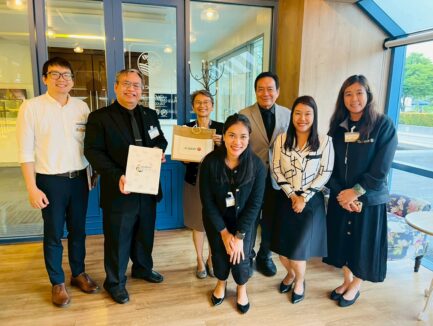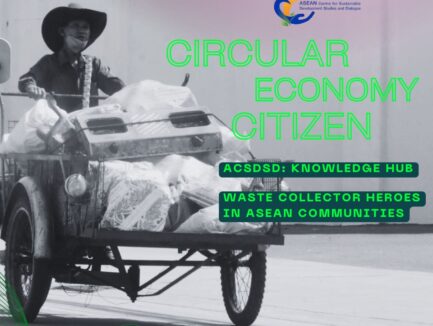What is the impact of small-scale fisheries on sustainable development in ASEAN?
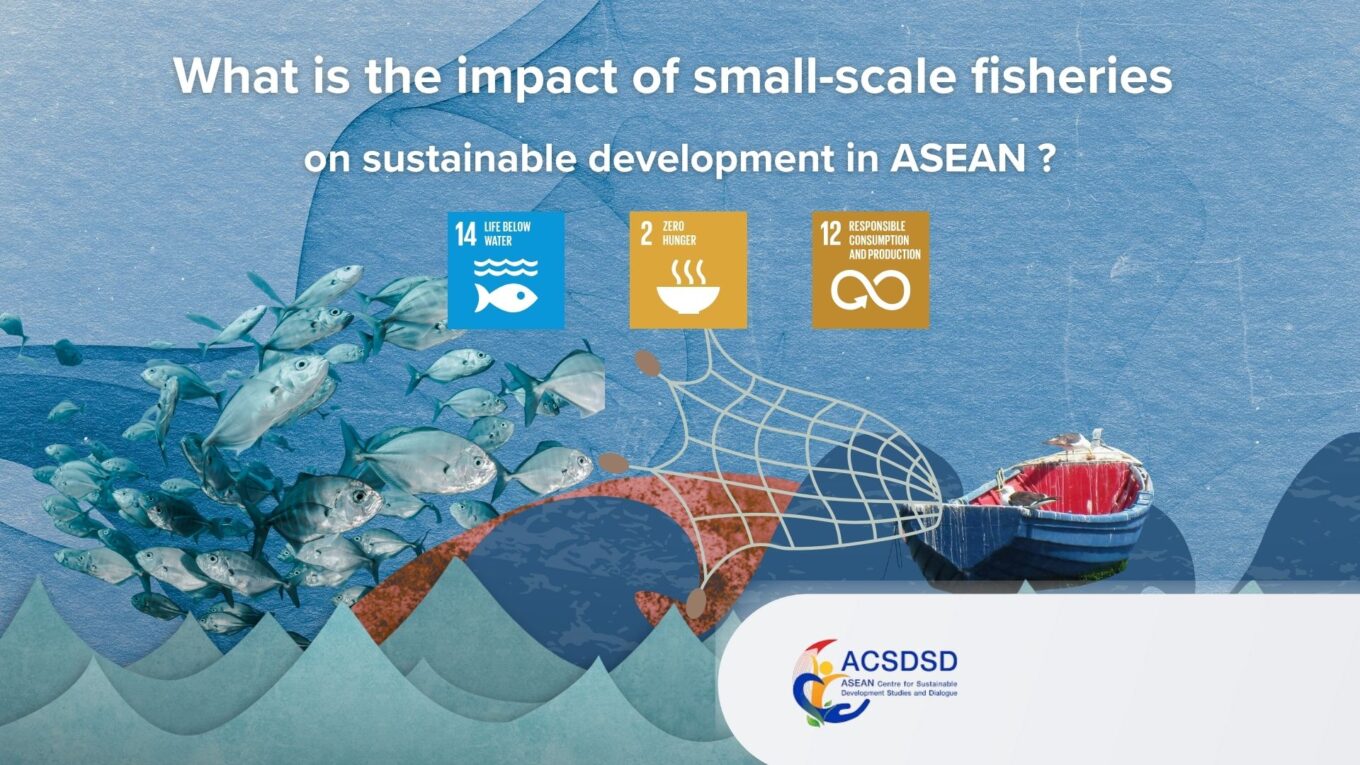
Small-scale marine fisheries are the backbone of many coastal communities across ASEAN. Their contributions are vital for food security, livelihoods and poverty alleviation, but face numerous challenges including overfishing, habitat degradation, and lack of management support. These fisheries are characterized by their dependence on coastal and inland resources, reliance on small-scale fishing gear, and often operate on a seasonal basis.
These fisheries are often deeply embedded in local cultures and traditions, making them vital for community well-being, which is relevant to ASEAN Community, where we targeted people centered and leave no one behind.
ASEAN in alignment with the FAO, adopted the Declaration on the Blue Economy in 2021 and endorsed the ASEAN Blue Economy Framework in 2023.
Effective fisheries management starts with data collection. Data gathering is necessary for reporting and verifying the accuracy of fishing activities in the territory, compliance with IUU-fishing measures and conservation of marine species.
Small-scale fisheries are closely linked to several Sustainable Development Goals (SDGs), particularly in SDG 14, SDG 1, SDG 2 and SDG 13
- SDG 14: Life Below Water
- Target 14.4: Sustainably manage and protect marine and coastal ecosystems.
- Target 14.7: Increase the economic benefits to small island developing States and least developed countries from the sustainable use of marine resources, including fisheries.
- Target 14.b: Provide acce]ss for small-scale artisanal fishers to marine resources and markets.
- SDG 1: No Poverty
Small-scale fisheries provide livelihoods for millions of low-income families in coastal and rural communities, helping to reduce poverty and promote income generation. - SDG 2: Zero Hunger
Fisheries are a major source of protein and nutrition in Southeast Asia. Supporting small-scale fisheries contributes to food security and sustainable food systems. - SDG 8: Decent Work and Economic Growth
Promoting sustainable fisheries management creates decent jobs and supports local economies, especially in vulnerable coastal areas. - SDG 12: Responsible Consumption and Production
Data-driven, sustainable fishing practices ensure long-term marine productivity without depleting resources for future generations. - SDG 13: Climate Action
Coastal communities are often on the frontlines of climate change. Strengthening small-scale fisheries management helps improve resilience and adaptive capacity to environmental changes.
Our work:
Workshop and Study Visit in July 2025
Written by: Pakjira Numchaisombut, Communications Officer (pakjira.num@acsdsd.org)
